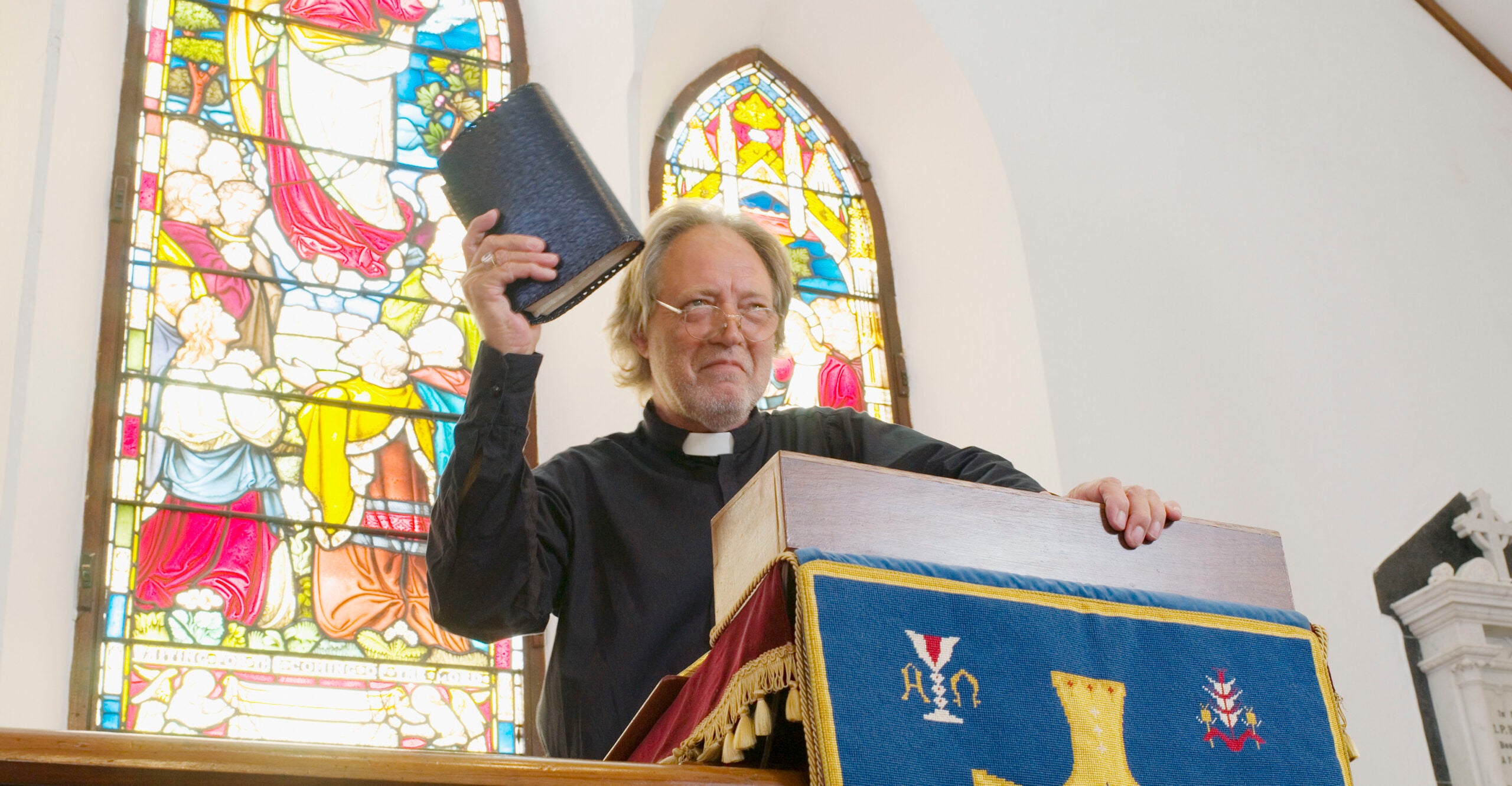


DAILY CALLER NEWS FOUNDATION—Churches can speak about candidates from the pulpit without risking their nonprofit status, the IRS said in a court filing on Monday.
The IRS reached the agreement to resolve a lawsuit brought by two Christian nonprofits, the National Religious Broadcasters and Intercessors for America, and two Texas churches.
Communicating with congregants about candidates is more like a “family discussion concerning candidates” than participating in a campaign or seeking to change the outcome of an election, the IRS said in a joint filing with the organizations.
Though the initial lawsuit challenged the constitutionality of the entire Johnson Amendment, which prevents churches and charities from participating in political campaign activity, the proposed consent decree would interpret the provision “so that it does not reach communications from a house of worship to its congregation in connection with religious services through its usual channels of communication on matters of faith.”
This interpretation is in line with the IRS’ general enforcement practice, the filing notes.
“For many houses of worship, the exercise of their religious beliefs includes teaching or instructing their congregations regarding all aspects of life, including guidance concerning the impact of faith on the choices inherent in electoral politics,” the filing states.
“Interpreting the Johnson Amendment to reach such communications would create serious tension with the First Amendment’s Establishment Clause: That broad interpretation would treat religions that do not speak directly to matters of electoral politics more favorably than religions that do so—favoring some religions over others based on their speech to their own congregations in connection with religious services through customary channels of worship and religious communication,” it continues.
Originally published by the Daily Caller News Foundation
